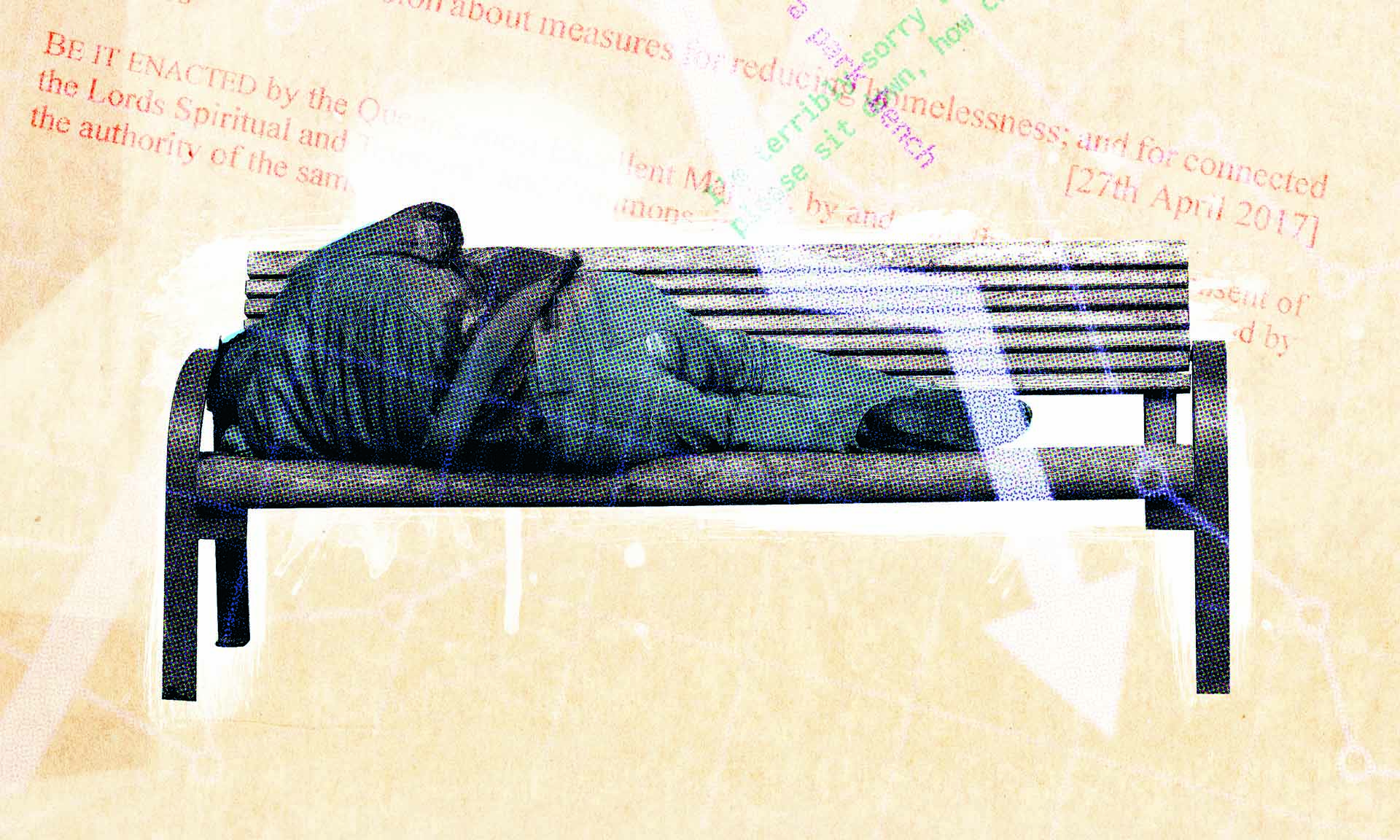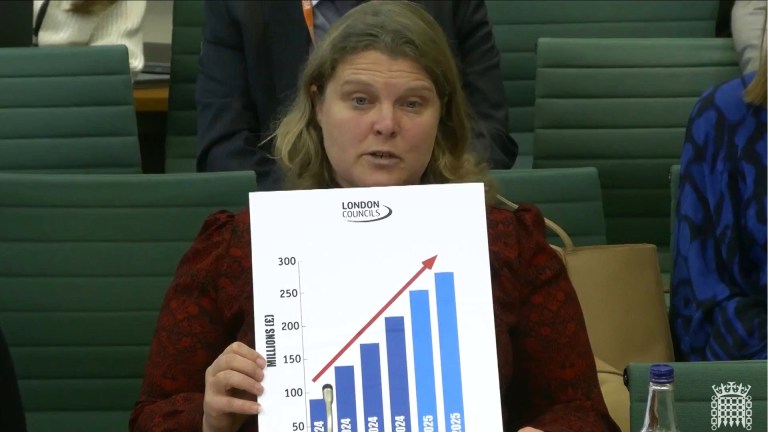Prevention
“Firstly, I must say that a year is too short a time to assess how important this is,” the Harrow East MP tells The Big Issue, shortly after emerging from Theresa May’s meeting with the Conservatives’ 1922 Committee last week.
“The aim of the act was never to deal with rough sleeping, it was to stop people rough sleeping in the first place. What we do know is that in the first six months, 10,000 people were prevented from becoming homeless as a result of the legislation – which is 10,000 people who would otherwise have been likely to have been sleeping rough if the legislation had not been in place.
“Equally the other thing that I set out to do was to reduce the costs to local authorities of having to provide very expensive temporary accommodation. If you can predict how things are going over a two-month period then you can reduce your spending on temporary accommodation, so if we can reduce that by just five per cent then it actually pays for the extra assistance that we would provide through the act.”
That assistance is £72.7m to be paid over three years by the government to support the act. But, the trouble is, local authorities overwhelmingly agree that is not enough.
A lack of affordable housing has left many struggling to cope,
Think tank New Local Government Network found that two thirds of councils believe that those funds fall short – and that figure rises to 86 per cent for London boroughs.
The Local Government Association’s (LGA) own HRA survey found more people were housed in temporary and emergency accommodation and staying there for longer in six out of 10 of the councils they quizzed. The number of people presenting to authorities as homeless has also increased since the act came in for eight out of 10 councils.
Advertising helps fund Big Issue’s mission to end poverty
“A lack of affordable housing has left many struggling to cope with rising numbers of people coming to them for help and having to place more families and households into temporary and emergency accommodation as a result,” says LGA housing spokesman Martin Tett. “This is bad for families and communities, expensive for councils and not the aim of the act.”
The construction of social rent homes has plummeted by 80 per cent in the last decade and that’s why homelessness charity Shelter is calling for 3.1 million more social homes to be built over the next two decades. That’s 155,000 per year, dwarfing the 6,463 built in 2017/18.
Until those homes are in place to meet the demand for social housing, local authorities are still forced to stick people in temporary accommodation. And it’s not cheap – 82,310 households were living in B&Bs, hostels and so forth last year – representing a 71 per cent increase since 2010 – with the eye-watering price tag of £997m.
In many ways, the act hasn’t changed this problem – it’s not going to build homes and where can you direct someone threatened with homelessness without them?
And it is not going to address the other issues that lead to homelessness – whether that is the loss of a private tenancy, kids leaving care, members of the armed forces returning to public life or hospital patients and prisoners being released without a stable footing.
Neither will it iron out problems with Universal Credit or make frozen Local Housing Allowance benefits enough to pay rent.
Advertising helps fund Big Issue’s mission to end poverty
But according to Blackman, the focus on prevention is key to allowing councils to plan, reducing the need to push the panic button to send people into emergency and temporary accommodation as well as sparking a cultural shift.
“One of the key lessons that has to be learned by local authorities is that we’re changing the whole culture and the way people behave towards homeless people,” he says. “Every housing authority, if they’re honest, adopted the approach of, ‘It’s nothing to do with us, go and sleep on a park bench’ even if they wouldn’t admit it upfront.
“What we wanted to change it to was: ‘I’m terribly sorry to hear your problem, please sit down, how can we help?’ Getting that cultural change is the most difficult part.”
As it stands, the act has funding for another three years to prove it can bring in that cultural change as well as more tangible results.
There have been success stories with trailblazers, most notably Southwark in South London, which adopted the new regulations before they became law. But without the resources and homes councils need to unlock the act’s huge potential, there will be more glass ceilings than roofs over heads.










